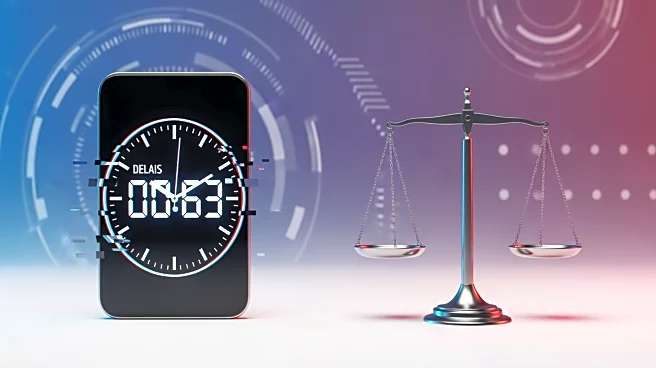What's Happening?
Electronic Arts (EA), a major player in the gaming industry, has announced a partnership with Stability AI to enhance game development efficiency. Despite this, a report from Business Insider reveals that EA's existing AI tools have been problematic,
causing more delays than improvements. Employees have reported that the AI tools often produce errors, requiring manual corrections. Additionally, there are concerns about the use of artists' work to train AI models, potentially devaluing their contributions. EA has also laid off around 100 employees from the QA department, citing AI's ability to handle feedback more efficiently. Despite these issues, EA is committed to expanding its AI capabilities, as evidenced by its partnership with Stability AI and the strategic shift of Krafton, another gaming company, towards AI-driven operations.
Why It's Important?
The integration of AI in game development is a significant shift that could reshape the industry. While AI promises efficiency and cost reduction, the current challenges faced by EA highlight the complexities of implementing such technologies. The layoffs in the QA department underscore the potential for AI to disrupt traditional job roles, raising concerns about job security in the industry. Moreover, the ethical implications of using artists' work to train AI models could lead to broader discussions about intellectual property rights and the value of human creativity. As more companies like Krafton pivot towards AI, the gaming industry may see a transformation in how games are developed and the skills required for future roles.
What's Next?
EA's continued investment in AI, despite current setbacks, suggests a long-term commitment to integrating these technologies into their operations. The partnership with Stability AI may lead to the development of more advanced tools that could eventually overcome the current limitations. However, the industry will need to address the ethical and employment concerns raised by AI's increasing role. Stakeholders, including developers, artists, and industry leaders, may need to engage in discussions to establish guidelines and best practices for AI use in game development.
















